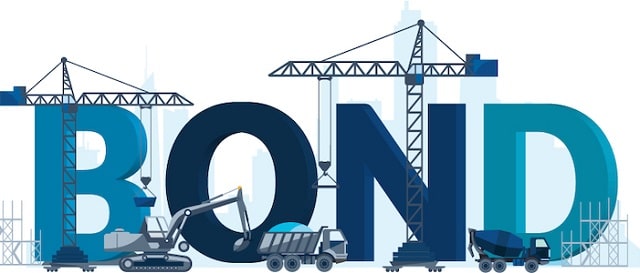3 Types Of Construction Bonds That You Should Be Aware Of

Investors in building projects often operate a specific kind of surety bond called a construction bond. These contracts guard against delays or financial loss brought on by a contractor's inability to finish a job or adhere to the terms of the contract. These sureties also guarantee that the costs of a building project will be covered.
Bid, payment, and performance bond in construction are the three most popular forms of sureties involved in various projects. Maintenance, supply, subdivision, and site improvement bonds are some additional construction sureties that are frequently needed.
A sort of surety that ensures a project's payment, performance, or bid is known as a construction bond, sometimes also known as a contract. It guarantees that when the proposal is chosen, the contract will be performed following the criteria outlined in the original agreement.
A contract surety is required for all federal construction projects, and if the project's cost exceeds a specific threshold, it becomes highly crucial.
1. Bid Bond
A particular kind of construction surety known as a "bid bond" defends the owner or developer throughout the construction bidding process. It is a promise made by the bidder to the project owner that if the bid's conditions are not met, the owner will get compensation.
This contract is frequently acquired through a surety firm, such as an insurance provider or bank, and it aids in ensuring that a contractor is financially secure and has the resources necessary to take on a project.
Importance Of Bid Bond
● Ensures that the successful bidder will accept the contract on the terms set out in their bid.
● If the winning bidder decides not to start the project, the bid bond guarantees payment to the bond owner.
2. Payment Bond
A particular sort of surety called a "payment bond" is given to contractors to ensure that all parties associated with the project receive payment. A payment surety ensures certain employees, suppliers, and subcontractors are safeguarded against non-payment.
Importance Of Payment Bonds
● Guarantees that the contractor will pay the project's designated employees, material suppliers, and subcontractors.
● The usage of surety bonds on privately-held construction projects is at the owner's choice, even though they are required by law for public works projects.
3. Performance Bond
A performance bond in construction works as an assurance in case a party doesn't fulfill their end of the bargain. A bank or an insurance provider often offers a performance bond to ensure that a contractor completes the assigned jobs.
Importance Of Performance Bonds
● Ensures real estate developments and constructions as per the contract terms.
● It guarantees that the value of the work won't be lost in the event of an unanticipated unfortunate occurrence; an owner or investor may demand the developer to ensure that contractors or project managers get performance bonds in such circumstances.
Construction Conclusion
The construction bonds guard against inconveniences or monetary loss brought on by a contractor's inability to finish a project or adhere to project requirements.
The party responsible for the construction work certifies that they can complete the task per the contractual policy. If the contractor fails to meet his obligations, then the surety will cover all the damages incurred by the owner of the project.
